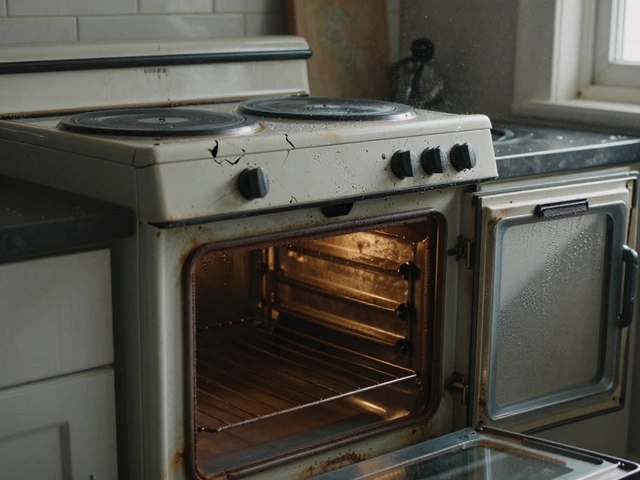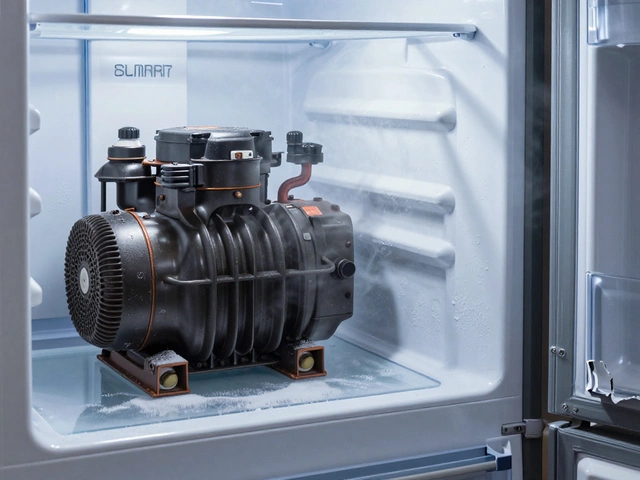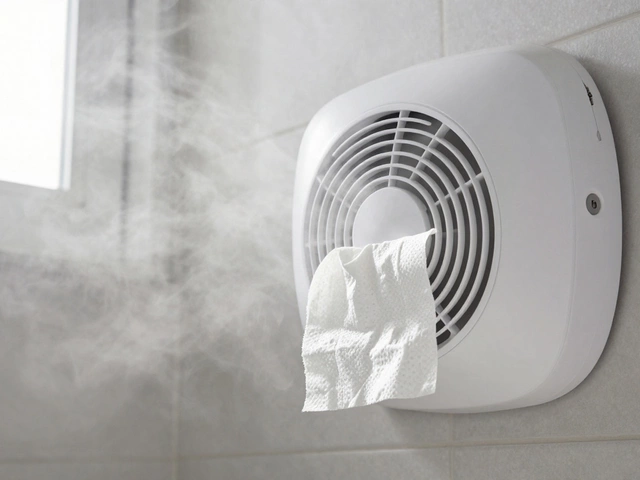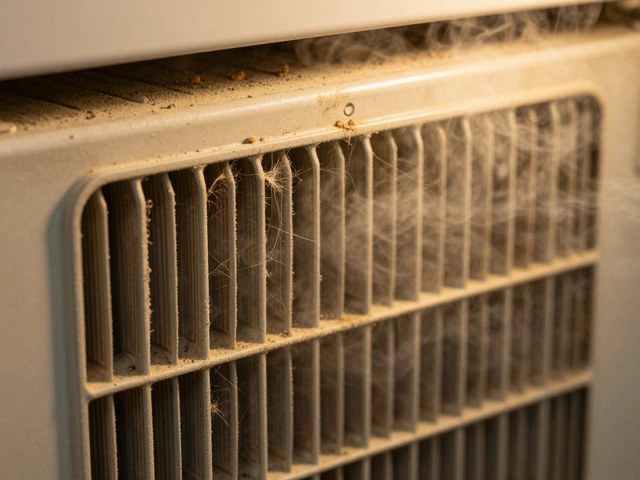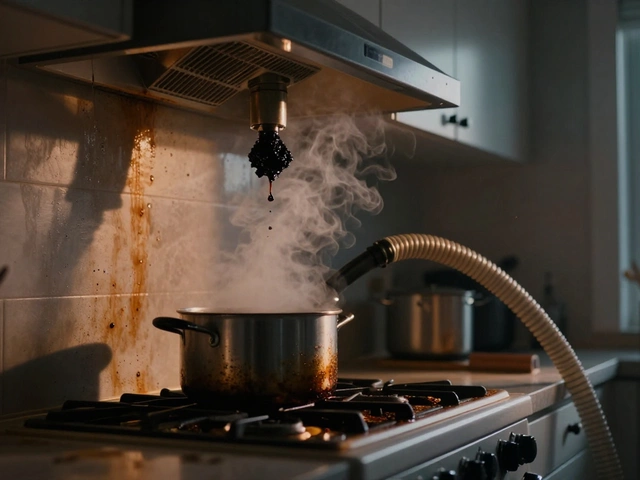Kitchen Maintenance: Simple Tips to Keep Your Appliances Running
Keeping your kitchen in good shape doesn’t have to be a chore. A few easy habits can stop costly breakdowns and extend the life of your fridge, oven, dishwasher and other gadgets. Below you’ll find straight‑forward advice you can start using today.
Everyday habits that save money
First, clean the lint filter in your dryer after each use. A clogged filter makes the dryer work harder, raises energy use and can cause a fire. Next, wipe spills in the oven as soon as they cool. Burnt food builds up on heating elements and makes the oven work harder. For the fridge, check the door seal every month – a loose seal lets cool air escape, forcing the compressor to run longer.
Don’t forget to run the dishwasher on a full load. Running half loads wastes water and electricity, and it can leave food particles stuck in the spray arm. A quick rinse of the filter before each cycle keeps the pump from clogging.
Troubleshooting the most common kitchen problems
When the fridge stops cooling, start by making sure the temperature knob is set correctly and that the back of the unit isn’t touching a wall. If the coils are dusty, vacuum them gently – dust is a major cause of overheating.
If your oven won’t heat, look at the heating element. A broken element often shows visible cracks or a burnt spot. You can test it with a multimeter; a reading of zero means the element is faulty and needs replacement.
Dishwasher not draining? Check the filter at the bottom for food bits and the drain hose for kinks. Sometimes a simple clean clears the blockage. If the pump makes a humming noise but nothing drains, the pump motor might be jammed and may need a professional look.
For a washing machine that’s leaking, inspect the hoses for cracks and tighten any loose connections. Most leaks come from the door seal wearing out – replace the seal and the machine will be dry again.
Water heaters can be a pain when the reset button trips often. The cause is usually an overheating element or a build‑up of sediment. Flushing the tank once a year and checking the element for signs of wear can stop the reset loop.
Remember, regular maintenance is cheaper than emergency repairs. Set a calendar reminder every three months to run through these checks. If you spot a problem you’re not comfortable fixing, call a local appliance repair service – they have the tools and experience to get the job done right.
By staying on top of these simple steps, your kitchen will stay functional, your energy bills will stay low and you’ll avoid the stress of a broken appliance right when you need it most.
Electric Oven Repair: Is It Worth Fixing a 20-Year-Old Oven?
- Alden Wilder
- Jun 12 2025
- 0 Comments
Thinking about whether to fix a 20-year-old oven? This article breaks down the real costs, hidden risks, and tells you how to decide if hanging onto your old oven actually makes sense. Get straight answers about parts, efficiency, and safety, plus a no-nonsense checklist for taking the next step. If your kitchen is stuck in the early 2000s, see what’s really worth your money and what’s just wasting your time.
View More
